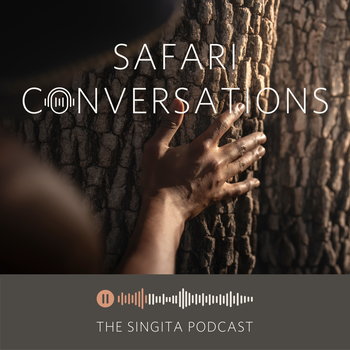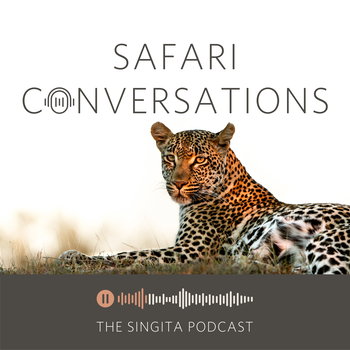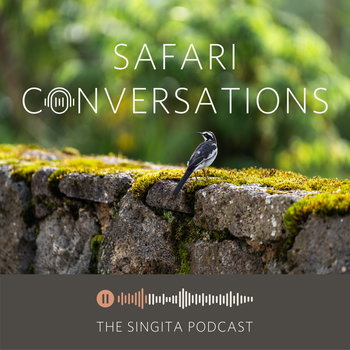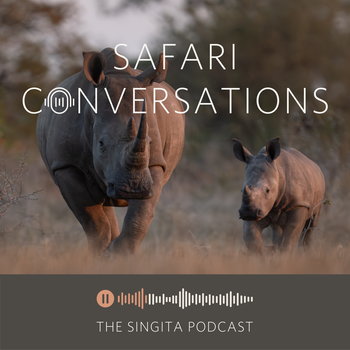
Saving a Species: Lions - The EWT’s mission to Protect the Pride of Africa
Loading player...
Big cats captivate guests on game drives, but they are also in great danger. In this episode, Marnus Roodbol (Lowveld Project Manager of the Carnivore Conservation Program for the Endangered Wildlife Trust) (EWT), chats to Bernard Stiglingh (field guide at Singita Kruger) about lion conservation in Africa. They discuss the critical role lions play in ecosystems, conservation efforts, and what's driving their alarming decline.
Marnus highlights that wild lions are now only found in 10 strongholds across Africa, with populations declining by 48% in the last 20 years.
We uncover the African lion crisis – the major impacts of poisoning, snares, habitat loss, and illegal poaching for body parts. Bernard provides insights into the cultural use of lion parts in traditional medicine while Marnus mentions the demand for lion bones in Asian markets.
Learn about the EWT’s research work in the Greater Limpopo Transfrontier Conservation Area (GLTFCA) – one of the vital strongholds of lion prides in Africa, important to the future of the species. Marnus believes that ecotourism (especially job creation) and involving local communities signals hope for the future.
Supporting SANParks, the EWT’s work includes lion counts and veterinary sampling to determine the presence of tuberculosis or feline aids. Every donation funds field staff, salaries, fuel, maintenance, or tracking collars. The Singita Lowveld Trust supports the EWT's carnivore conservation work across the Greater Kruger with crucial, unrestricted funding each year.
We need to protect lions (and other endangered species) because it's our heritage. It’s also part of our duty to share this planet with animals.
Marnus highlights that wild lions are now only found in 10 strongholds across Africa, with populations declining by 48% in the last 20 years.
We uncover the African lion crisis – the major impacts of poisoning, snares, habitat loss, and illegal poaching for body parts. Bernard provides insights into the cultural use of lion parts in traditional medicine while Marnus mentions the demand for lion bones in Asian markets.
Learn about the EWT’s research work in the Greater Limpopo Transfrontier Conservation Area (GLTFCA) – one of the vital strongholds of lion prides in Africa, important to the future of the species. Marnus believes that ecotourism (especially job creation) and involving local communities signals hope for the future.
Supporting SANParks, the EWT’s work includes lion counts and veterinary sampling to determine the presence of tuberculosis or feline aids. Every donation funds field staff, salaries, fuel, maintenance, or tracking collars. The Singita Lowveld Trust supports the EWT's carnivore conservation work across the Greater Kruger with crucial, unrestricted funding each year.
We need to protect lions (and other endangered species) because it's our heritage. It’s also part of our duty to share this planet with animals.
Chapters
- 00:48 Introduction to Lion Conservation Work
- 02:51 Current State of Lion Populations
- 03:48 Ecological Importance of Lions
- 07:29 Treats to Lion Populations
- 17:16 Conservation Methods and Challenges
- 23:20 Role of Ecotourism in Conservation





